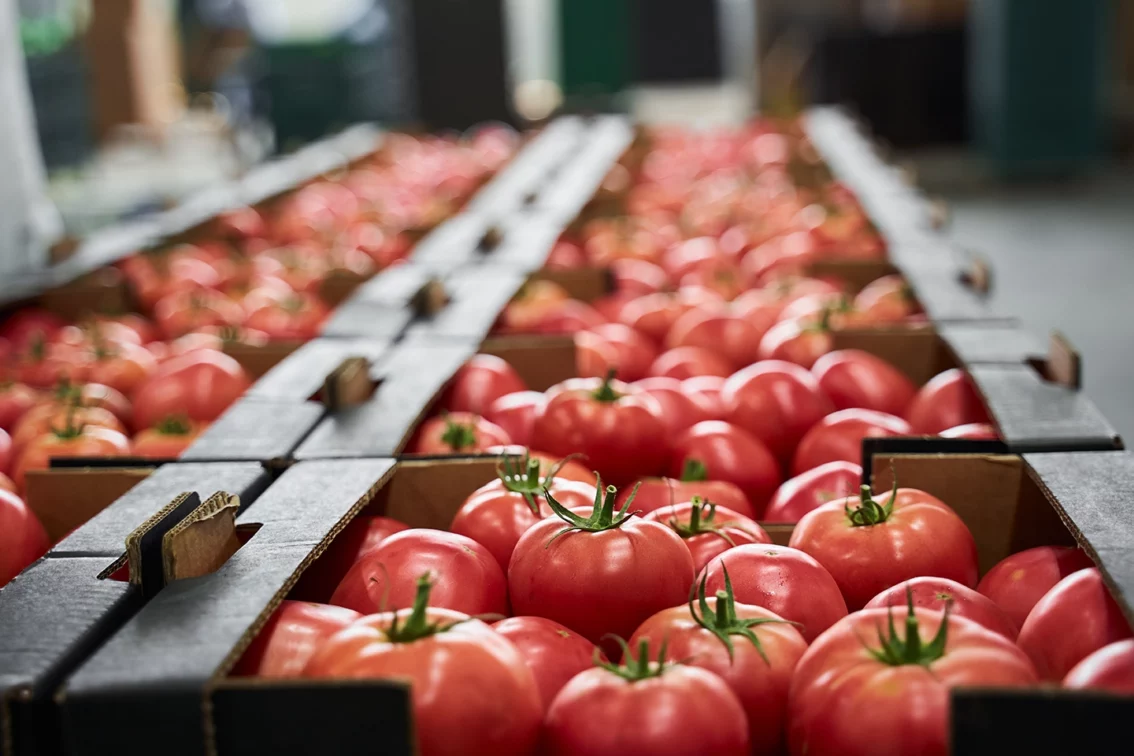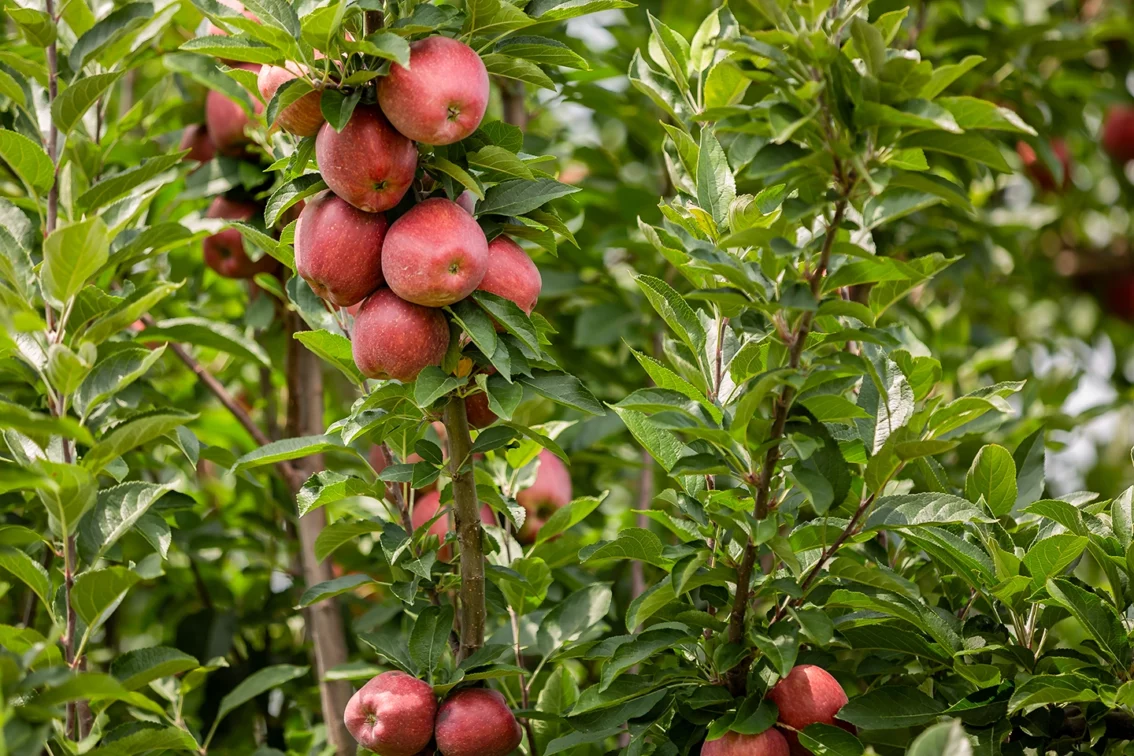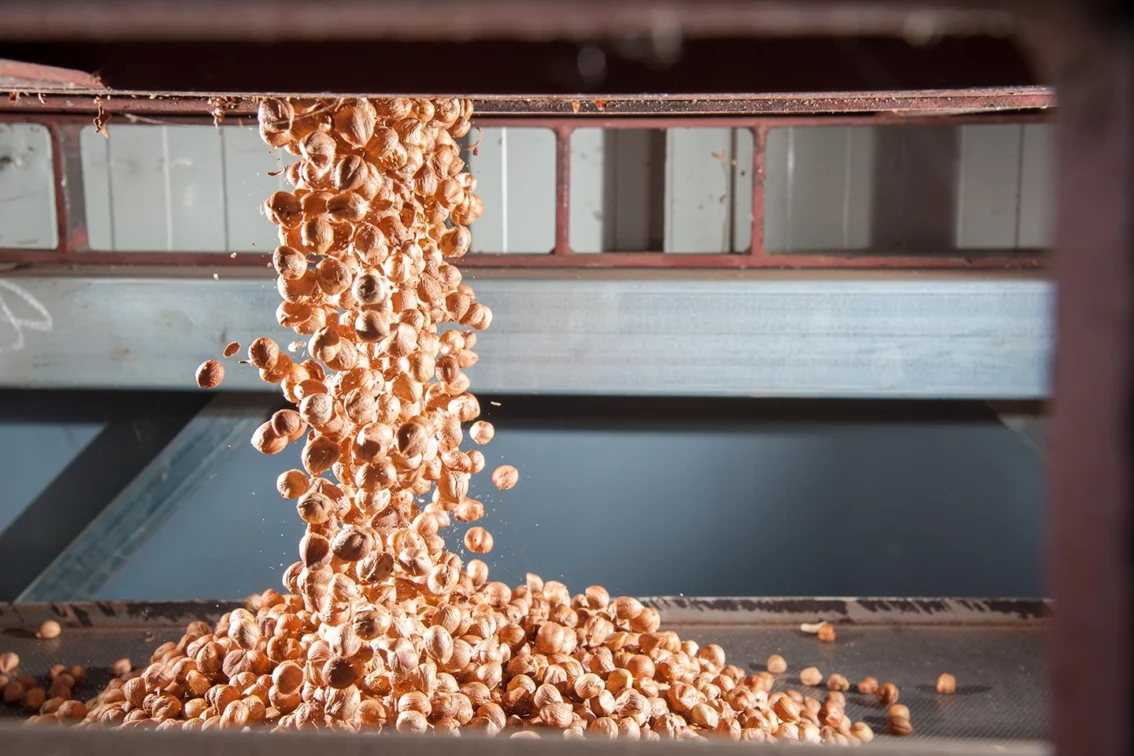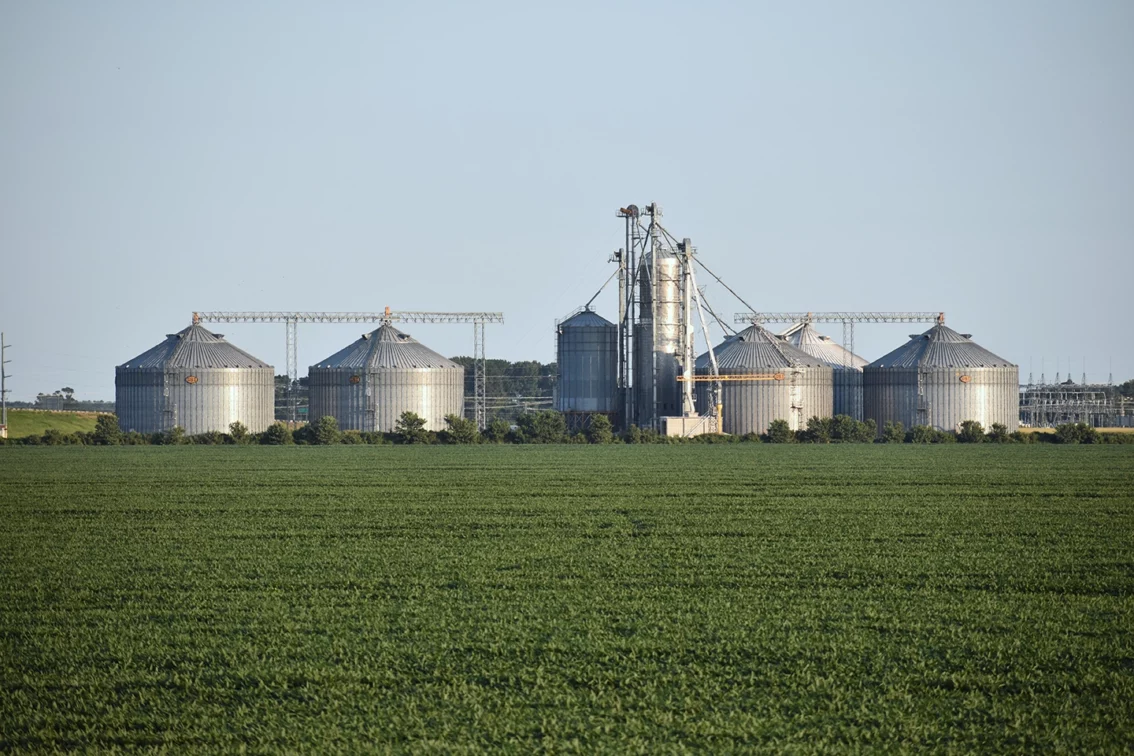Case Studies
Table of Contents
Tomatoes
Opportunity: The US tomato sauce market is a $10 Billion industry. An average acre of processing tomatoes earns $1k more than tobacco. Today, most US tomato processing takes place in California. But they lack the land and water resources to keep up with demand.
Challenge: North Carolina has abundant water and long, warm summers ideal for tomatoes. However, North Carolina currently lacks infrastructure—namely, canneries that turn tomatoes into sauce.
Solution: Attract investment in tomato processing. By moving just 10% of California's tomato processing to North Carolina, we could bring in $100 Million in additional farm revenue and up to $1 Billion in additional impacts. Meanwhile, tomato canneries can provide accessible rural jobs with fewer health, pollution, and property value hazards than those associated with meat plants.

Crops For The Cool Mountains
Opportunity: North Carolina’s leadership has long described Appalachia as “not good for farming.” Nothing could be further from the truth. North Carolina’s cool, hilly west is ideal for apples, cherries, chestnuts, and trout. Lucrative cool-weather crops like peas, carrots, and leafy greens can grow all summer long. Supporting farmers in the mountains can bring an additional $600M in sales for farms in western North Carolina, and an additional $500M-1B in economic impact.
Challenge: North Carolina’s agricultural leaders simply haven’t invested in Appalachia as much as the coastal plain. Cotton, soy, tobacco, and corn get generous state-and federal-level support. Meanwhile, vegetable farmers in the mountains often lack anywhere to sell their crops—leaving them to improvise sales on the roadside.
Solution: Simple supply chain investments. By investing in pack and processing facilities, better financing for farmers, and worker housing, our state can unlock billions of dollars in growth for North Carolina’s western mountains.

Hazelnuts
Opportunity: Mature hazelnuts cost about as much to grow per year as corn, but return roughly $2K per acre—five times more than corn. They can also be harvested with the same equipment already being used on blueberry farms across NC, so farmers don’t need to buy all-new equipment. Hazelnuts can be grown throughout North Carolina.
Challenge: North Carolina lacks facilities to process hazelnuts into products like hazelnut butter. Farmers effectively have nowhere to sell hazelnuts, making it a foolish decision to plant them. Additionally, hazelnuts take 4-6 years to mature. Our current farm policies and financial system make it difficult to wait 4-6 years for a crop.
Solution: Attracting hazelnut processers and farm lenders that already specialize in tree crops can bring up to $1 Billion of economic impact to North Carolina. Additionally, with proper funding structures, high-value vegetables like tomatoes and strawberries can be grown between hazelnut rows while trees mature to offset planting costs.

Strawberries
Opportunity: Strawberries earn a whopping $40K or more per acre. The east coast currently imports most of its strawberries from Florida and California. However, fresh North Carolina strawberries can easily out-compete long-distance imports on quality, and our state has easier access to markets in the northeast than either Florida or California.
Challenge: Florida and California’s strawberry crops ripen before North Carolina’s, beating us to the best prices. We don’t have the greenhouse space to capture early-season prices. We also don’t have processing plants that would let us use late or misshapened berries. Without this infrastructure, North Carolina’s strawberry industry is undersized, highly seasonal, and misses out on its full value.
Solution: With proper lending programs, we can grow North Carolina’s strawberry industry and greenhouse capacity to capture the east-coast market. Moving just 10% of California’s strawberry production to North Carolina would bring $250M of farm revenue to our state and up to an additional $2.5B in additional economic impacts. Meanwhile, greenhouses can help provide high-quality, year-round jobs.

Allergen-Free Food Processing
Opportunity: Allergen-free food processing has grown to a $30B global industry. However, there is not enough allergen-free processing space to meet demand. This causes hundreds of costly recalls each year, and creates an opportunity for anyone willing to create that infrastructure.
Challenge: These facilities need high-level food safety certifications. This makes them a little more challenging than most commercial food operators are willing to attempt.
Solution: Incentivize allergen-free food handling spaces that would be open for food companies to rent. This reduces the risk for companies, attracting more food businesses to NC that will create rural jobs. Capturing just 5% of that market would bring $1.5B to our state each year. Additionally, specialty food handling is a great fit to bring high-value jobs to former mill towns. These have highly-skilled workforces, good rail infrastructure, and an urgent need for new employment.

Join Team Taber
Provide your name and email below to get updates and stay in touch.
Paid for by Sarah Taber for NC. Website design by Express Lane Strategies.

